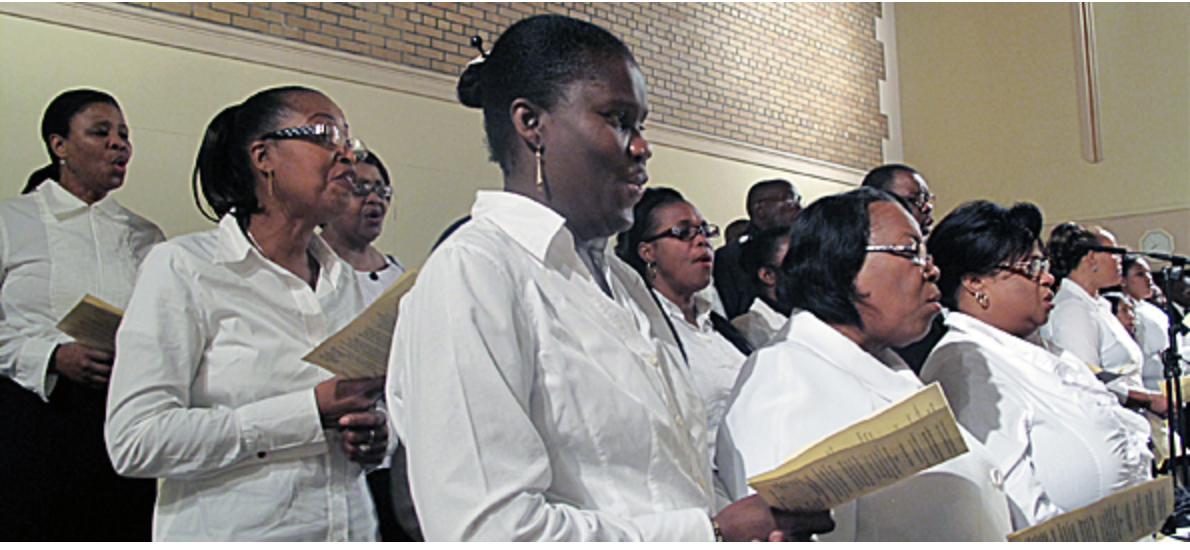
FLATBUSH —The Diocese of Brooklyn’s mobilization to help Haiti — hammered earlier this month by another deadly earthquake — stems from the solid bond between the long-suffering Caribbean nation and the Roman Catholic Church.
Within hours of the first tremors on Aug. 14, Bishop Nicholas DiMarzio pledged renewed resources and prayers for Haiti, just as the diocese had done in 2010 when a 7.0-magnitude quake wreaked death and destruction across the country. The most recent quake registered a 7.2-magnitude. Its death toll as of Aug. 18 was at least 2,000 people, according to the United Nations.
Census data shows about 88,763 Haitian-Americans or immigrants living in Brooklyn, and about 40,000 in Queens.
“The three dioceses in this country with the most Haitians are Miami, Brooklyn, and Boston,” Bishop DiMarzio said. “So we’re second. And they’re incredibly religious. Some of our better priests, the even more industrious ones, are Haitians here.”
Msgr. Sean Ogle, vicar of clergy and consecrated life, said the diocese has 35 Haitian priests and one bishop — retired Auxiliary Bishop Guy Sansaricq who died Aug. 21.
Bishop Sansaricq accomplished much in the diocese, but he also was the first director of the National Center of the Haitian Apostolate (NCHA), which was founded in the 1970s by Haitian priests ministering in the U.S. Its mission is to serve the spiritual needs of a growing Haitian-American Catholic community.
NCHA reports an estimated 1.5 million Haitians live in the U.S. Most are recent immigrants. More than two-thirds of them are Catholic, making them the largest group of black Catholic immigrants in the U.S., according to NCHA.
Bishop DiMarzio said about 25 parishes in the diocese celebrate Mass in Haitian Creole.
He added deep appreciation for the strength of the Haitian people, who before the recent quake were still recovering from the one in 2010, Hurricane Matthew in 2016, and the assassination last month of President Jovenel Moïse.
“They’re very resilient,” the bishop said. “There’s no infrastructure of any kind — physical or even educational. There’s no work. All of those problems make it a poor country. But when they are given an opportunity, you can see how they have excelled here.”
Father Hilaire Belizaire, coordinator of ministry to Haitian immigrants and pastor of Sacred Heart of Jesus, Cambria Heights, Queens, said Bishop DiMarzio’s love for Haiti, and its people, has never wavered.
“The bishop,” he said, “has a big heart, always, when it concerns the Haitian community here, but for people of Haiti, too.”
Father Belizaire recalled how after the 2010 earthquake, Bishop DiMarzio immediately dispatched Creole-speaking priests from the diocese to Haiti to assess needs and provide priestly comfort to the displaced people.
The bishop’s efforts back then are well remembered by the Haitian priests in the diocese.
On Monday, Aug. 16, a hastily assembled prayer vigil was held on the front steps of St. Jerome’s Catholic Church, in the heart of the “Little Haiti” in the Brooklyn neighborhood of Flatbush. Numerous clergy and politicians, including Mayor Bill de Blasio, attended.
Father Jean-Augustin Francois, a parochial vicar at St. Jerome’s, who was born in Haiti, told the assembled that Bishop DiMarzio “was the first one, as a spiritual leader, to set up a mission in Haiti.” He said that the bishop visited the country later to ensure donations were going where they were most needed.
Father Belizaire noted that the diocese received a special benefit for that earlier visit.
“He was able to meet some young men who were interested in the priesthood,” Father Belizaire said. “And when he came back he asked me to go back to Haiti to meet and interview them. We made efforts to bring them here.
“Right now, they are ordained priests in the Diocese of Brooklyn. One was sent to Rome and is currently serving there. The others are working in parishes with Haitian ministries or in parishes where they know English. They were able to pick up the language quickly.
“So, definitely, they are all great assets for the diocese — priests serving the parishes.”
